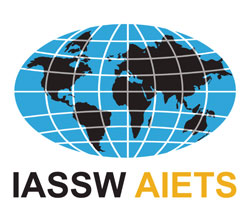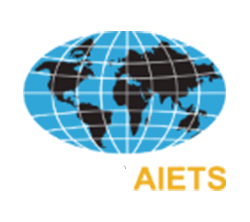Editors are currently scoping the possibility of creating a book focusing on the challenges associated with the increasingly widespread use of Artificial Intelligence and Advanced Digital Technologies in the welfare, social work and human services and society more generally. We are aware that the emerging transformative technologies and algorithmic governance and artificial technologies are introducing serious challenges for the future of these professions and their ability to remain relevant in this changing landscape.
In our proposal we are particularly interested in the ways this 4th industrial revolution exacerbates existing or creating conditions that facilitate new social injustices, violate human rights, perpetrate new forms violence and exploitation, change the nature of cultural and societal relations, and create disruptions in professional activities and discourses. We would like to explore new and creative ways of responding to the challenges ahead.
To this end we invite contributions from established and emerging scholars to explore the following themes: The way advanced digital technology …
- blur the boundaries between AI and other technologies creating an under-regulated frontier facilitating new forms of abuse and exploitation.
- facilitates coercive control (e.g. coercive statecraft, the use of deepfakes in digital assault, cyber bullying, online violence)
- can be used to detect and mitigate against coercive control and online abuse
- impacts on people with preexisting mental health conditions
- necessitates ethics and regulatory responses
- leads to exploitation during the training process of new AI tools
- rise of state surveillance and predictive risk assessments
- the environmental and social impact of manufacturing of advanced digital technologies
- shapes our social imaginary (impacts on social and relational trust, ideals of the good life, body image, gender roles, ideals of belonging, social identity, politics and philosophy etc.)
Authors may propose other themes/topics, but they need to be aligned with the focus of the proposed handbook.
Guidelines for Contributors
- Title of abstract (concise and relevant to theme chosen)
- Author(s) details Including full name, institutional affiliation, email and short biography (150 words max)
- Abstract The abstract should include a summary of the chapter (single paragraph, no headings, 250 word max.)
- Chapters if accepted should be around 5,000 words and must be original works.
All abstract to be submitted to both of the editors : g.ottmann@federation.edu.au and carolyn.noble@acap.edu.au
Deadlines
- Submission of abstract; August 30th 2024
- Notification of acceptance; September 15th 2024
- Submission to potential publisher: November 2024.









